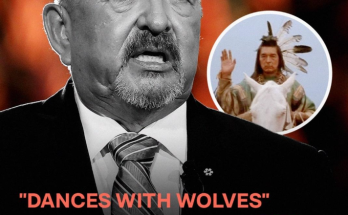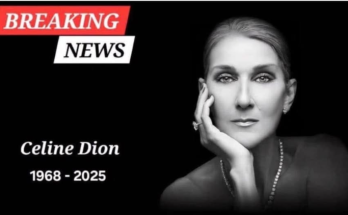 🕰️ A Quiet Afternoon Turned Violent
🕰️ A Quiet Afternoon Turned Violent
It was supposed to be an ordinary Wednesday in Khimber, a quiet neighborhood in Srinagar. The sun hung low, casting long shadows across the narrow lanes. Shops were just beginning to close, and the air carried the scent of chai and dust. But for one 22-year-old man, the day would end not in routine, but in trauma.
He had stepped out to meet a friend—just a casual conversation, a brief exchange. But words turned sharp. Tempers flared. And in a moment of rage, someone reached for the nearest object: a pen.
✒️ The Weapon That Wasn’t Meant to Be
It wasn’t a knife. It wasn’t a gun. It was a pen—an everyday tool, a symbol of communication, learning, and peace. But in the wrong hands, even the mundane can become dangerous.
The attacker lunged, and the pen pierced the young man’s abdomen. Not deep enough to kill, but deep enough to damage. Deep enough to send him collapsing to the ground, clutching his side, gasping for breath.
Bystanders rushed to help. Someone called for an ambulance. Blood pooled on the pavement, staining the pages of a notebook that had fallen from his bag.
🚑 The Race Against Time
He was rushed to the nearest hospital, where doctors worked quickly to stabilize him. The pen had punctured muscle tissue, narrowly missing vital organs. Internal bleeding was controlled. Painkillers administered. A surgical team prepared for a procedure to remove fragments of the pen that had broken off inside.
His condition was listed as serious, but not life-threatening. Still, the emotional toll was immense. He had been attacked not by a stranger, but by someone he knew. Someone he trusted.
🧠 The Psychology of Sudden Violence
What causes a person to snap? To turn a conversation into a confrontation, and a pen into a weapon?
Experts say that impulsive violence often stems from unresolved anger, trauma, or a sense of powerlessness. In this case, the attacker may have felt cornered, humiliated, or provoked. But none of that excuses the act.
Violence is never just physical. It’s emotional. Psychological. It leaves scars that no surgery can heal.
🧳 The Young Man’s Story
He was a student. A dreamer. Someone who believed in words more than fists. He had written essays about peace, volunteered at a local literacy program, and hoped to one day become a teacher.
The irony was cruel. The very tool he used to uplift others had been turned against him.
In the hospital, he lay awake at night, replaying the moment over and over. The look in the attacker’s eyes. The pain. The betrayal. And the question that haunted him: Why?
🕯️ The Community Reacts
News of the incident spread quickly. Locals were shocked. “This isn’t who we are,” said one shopkeeper. “We argue, yes. But we don’t stab each other with pens.”
The police launched an investigation. The attacker was taken into custody. Charges were filed. But the community’s focus remained on the victim—his recovery, his safety, his future.
A candlelight vigil was held outside the hospital. People brought pens—not as weapons, but as symbols of solidarity. They wrote messages of hope, healing, and resilience.
📜 A Letter Never Sent
In his hospital bed, the young man began to write. Not a complaint. Not a condemnation. But a letter to the person who hurt him.
“You didn’t just stab me. You stabbed every moment we shared. Every word we spoke. Every trust I gave you. But I won’t let this define me. I won’t let pain become my story. I will heal. I will teach. I will write again.”
He never sent the letter. But he kept it. Because sometimes, the act of writing is enough.
🧭 The Road to Recovery
Physically, he healed. Slowly. Carefully. Emotionally, the journey was longer. He attended therapy. Spoke to counselors. Reconnected with friends who reminded him of who he was before the incident—and who he could still become.
He returned to his volunteer work. Taught children how to write their names. Held workshops on conflict resolution. And every time he picked up a pen, he remembered. Not the pain, but the power.
🪞 Reflection and Resilience
For someone like you, Phirun—who believes in the transformative power of storytelling—this moment is more than a news item. It’s a parable. A reminder that even in violence, there is a choice. To retaliate or to rebuild. To silence or to speak.
The young man chose to speak. And in doing so, he reclaimed the pen—not as a weapon, but as a tool of healing.
🕊️ Final Thoughts
The pen is mightier than the sword, they say. But only when wielded with intention, compassion, and courage.
This story reminds us that violence can erupt from the smallest spark. But so can resilience. So can hope. So can the quiet strength of a young man who refused to let one moment of pain define a lifetime of purpose.



